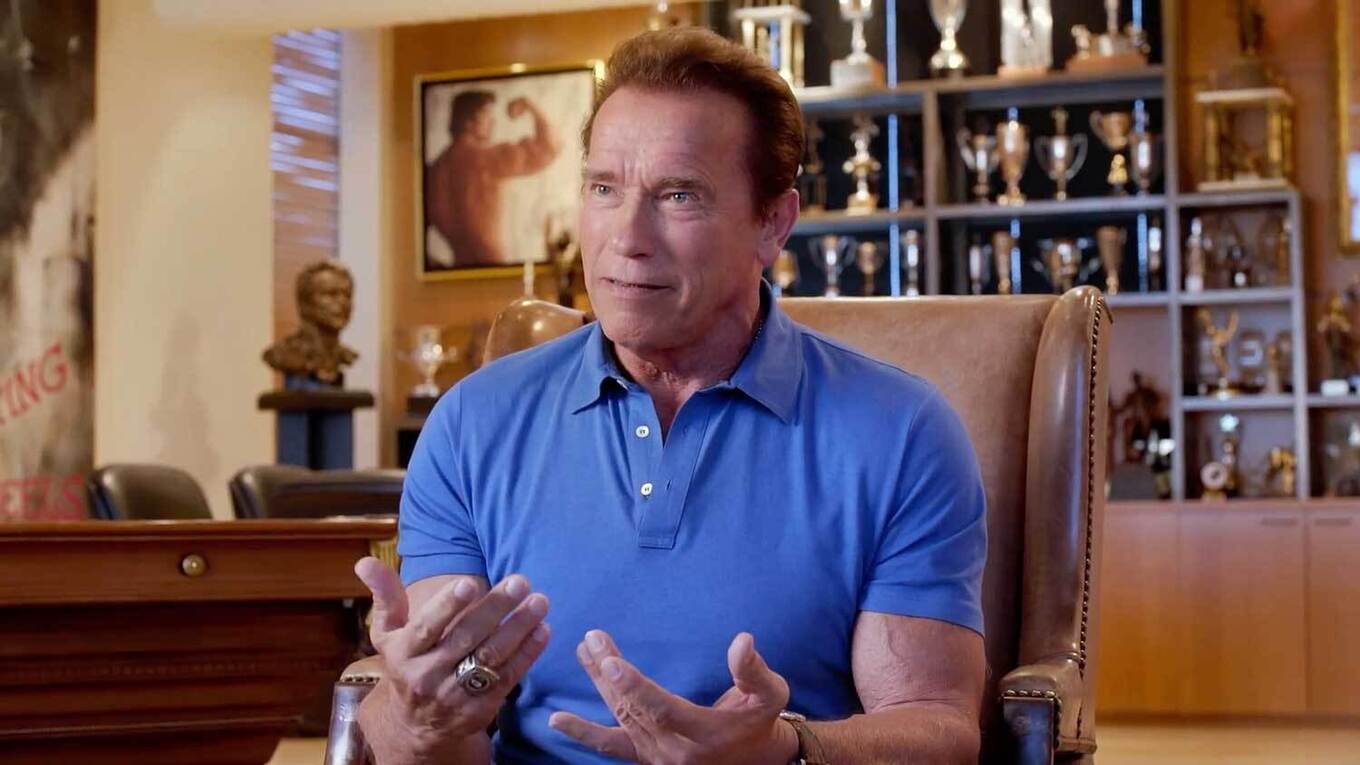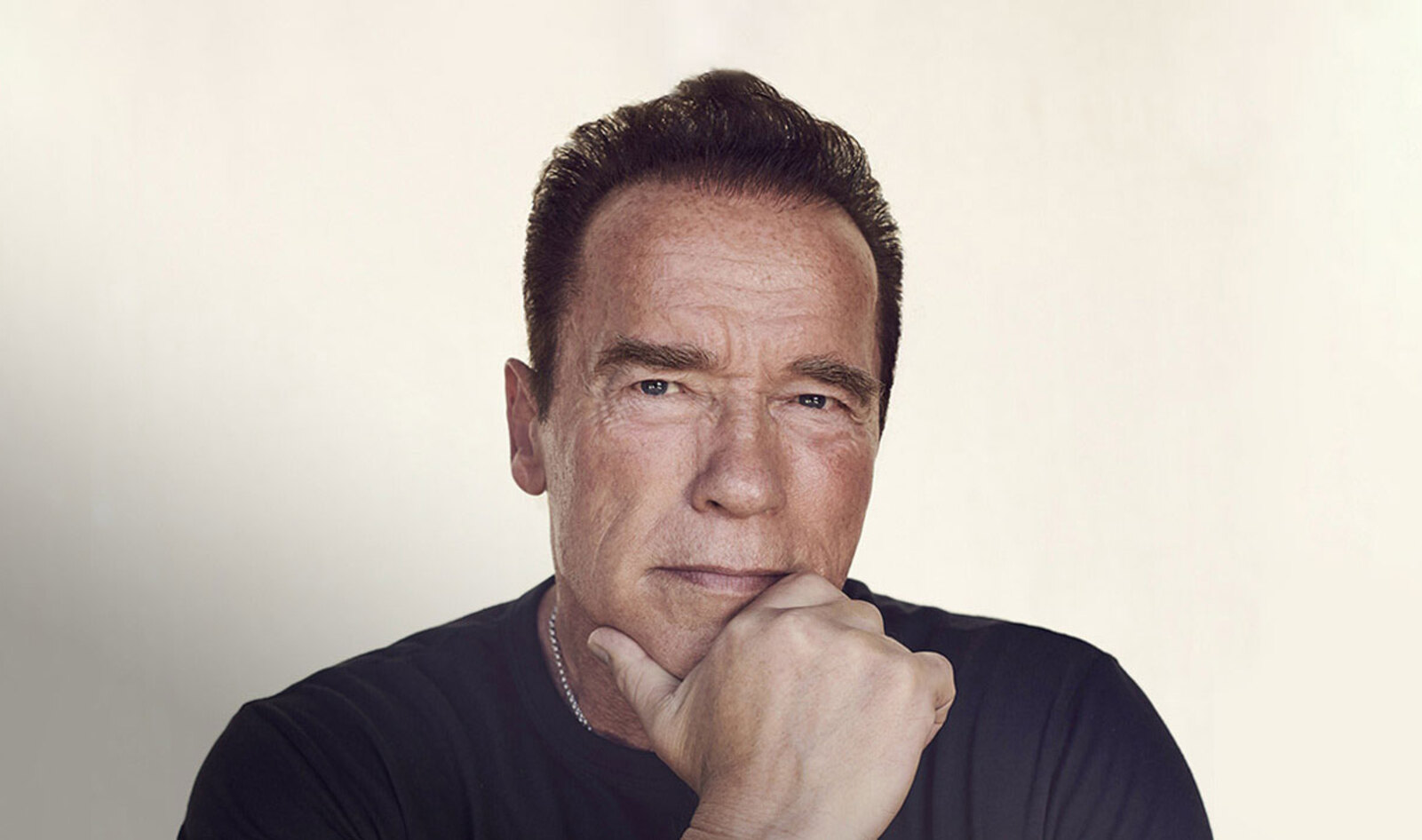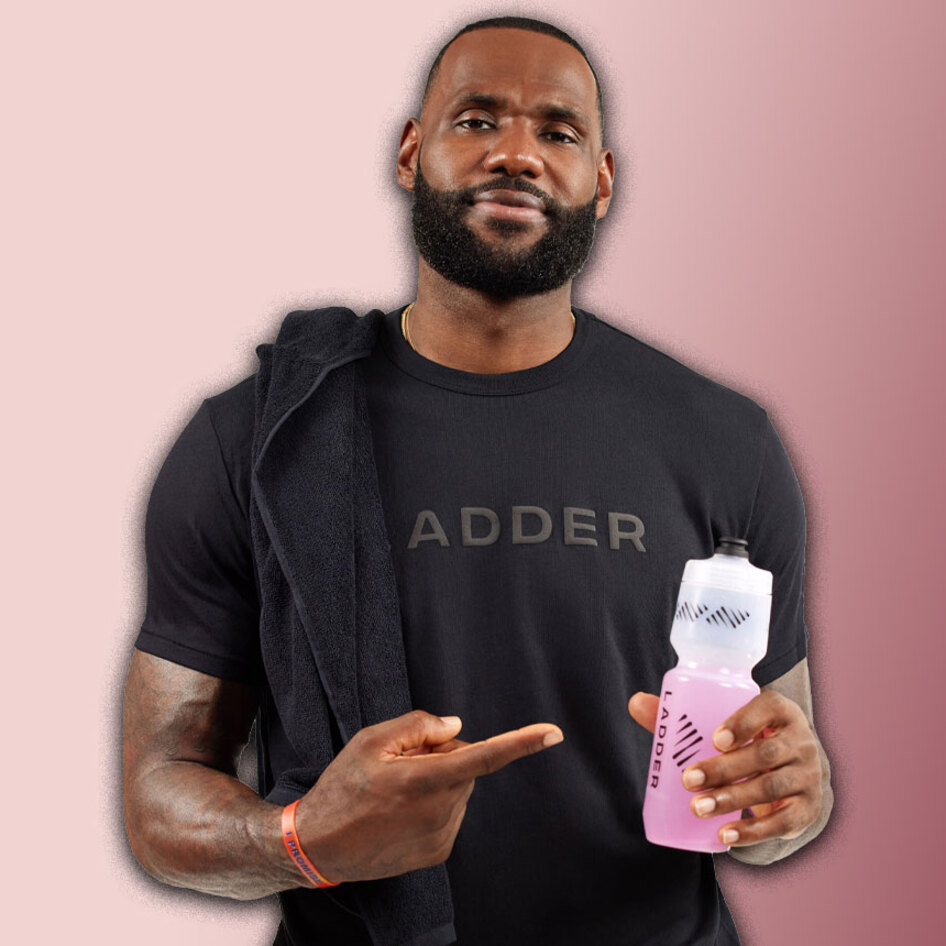Meat used to be all the rage in bodybuilding, and an unwavering dietary staple in European cuisine. But in 2023, both have experienced some major changes.
Arnold Schwarzenegger, a renowned actor, former Mr. Olympia, and ex-governor of California, is not just a household name but also an evolving icon in the health and fitness realm. At 76, Schwarzenegger continues to redefine what it means to stay fit and healthy. These days, the bodybuilding icon largely attributes his vigor and wellness to a diet rich in plant-based foods.
 The Game Changers
The Game Changers
His personal dietary choices echo a broader shift observed across his home country of Austria and Europe at large, where a growing number of individuals are turning towards plant-based eating.
Austria is ditching animal products
In 2020, the Smart Protein project received €10 million in funding from the European Union to build a more sustainable food system. It has since gathered insights about European dietary habits, releasing its first report in 2021.
A follow-up survey of 7,500 consumers was recently conducted by nonprofit ProVeg International—together with Innova Market Insights, the University of Copenhagen, and Ghent University. It found illuminating insights about the shifting dietary habits of Europeans.
“Following on from the widely cited 2021 Smart Protein report What Consumers Want, this second round of research found promising changes in European consumer preferences and behaviors over the last two years,” Jasmijn De Boo, CEO of ProVeg International, said in a statement.
“The new report provides a deeper understanding of the long-term potential of the plant-based sector and offers practical recommendations so that further growth can be sustained,” De Boo said.
The survey revealed that Austria is embracing veganism, with a significant rise in the vegan population from 3 percent to 5 percent since 2021. Moreover, more than half (51) of Austrians have reduced their meat consumption in recent years, aligning with Schwarzenegger’s dietary evolution of dropping his meat consumption by approximately 80 percent.
While he still consumes some animal products, Schwarzenegger, in his lifestyle and through various platforms, has been a vocal advocate of reducing meat consumption for health and fitness. His diet, as he shared earlier this year on his podcast Arnold’s Pump Club, is filled with a variety of plant-based foods such as veggie burgers, pea protein, and lentils.
 Frederic Dupont/Unsplash
Frederic Dupont/Unsplash
This dietary regime aligns closely with the findings of the Smart Protein survey, which highlights legumes as the most popular plant-based food among European consumers, with 53 percent wanting to eat them more regularly.
Which other foods are Austrians loving these days? Of the surveyed individuals, 32 percent regularly opted for plant-based milk each week. Among these, nearly 28 percent also include plant-based yogurt in their diets, while 23 percent choose plant-based cheese alternatives.
Looking ahead, 34 percent express a readiness to increase their consumption of non-dairy milk substitutes in the next six months, and 29 percent show a similar inclination towards more plant-based meat alternatives.
The rest of Europe is embracing plants, too
The goal of the Smart Protein project is to develop healthy, upcycled alternatives to animal foods that consumers will embrace to mitigate the climate crisis.
“As stated in the Farm to Fork Strategy, alternative proteins, such as plant, microbial, or marine proteins, is one of key areas of research for a sustainable, healthy and inclusive food system,” Cindy Schoumacher, Policy Officer at the European Commission, said in a statement. “The aim is to stimulate food consumption that is sustainable in both health and environmental aspects, highlighting the importance of plant-based diets.”
“The Smart Protein project is providing key information to fill knowledge gaps on alternative proteins and contributes to the achievement of the objectives of the European Green Deal,” Schoumacher said.
Outside of Austria, the survey showed promising plant-based potential across a greater swath of European consumers.
Notably, 51 percent of European meat consumers have reported a reduction in their annual meat intake, up from 46 percent since 2021, with countries such as Germany, France, and Italy leading in meat reduction efforts.
Across Europe, there is a noticeable surge in flexitarianism, with 27 percent of Europeans identifying with this diet. Here, Germany is leading the charge with 40 percent of its population adopting this lifestyle.
 Ella Olsson/Unsplash
Ella Olsson/Unsplash
At 76, Schwarzenegger is considered a “Boomer,” a generation that has historically been less likely to ditch animal products. However, the survey underscores that this dietary shift transcends generational boundaries.
Interestingly, 29 percent of Boomers, 27 percent of Gen X, 28 percent of Millennials, and 26 percent of Gen Z identify as flexitarians, illustrating a cross-generational interest in plant-based diets.
On average, 28 percent of Europeans consume at least one plant-based food alternative at least once a week—this is up from 21 percent in 2021. Close to half (46 percent) of people are also more trusting of plant-based alternatives today than two years ago.
Why are Europeans ditching animal products? Health emerges as a primary motivator for reducing meat consumption, mentioned by 47 percent of respondents. Additionally, environmental concerns are increasingly influencing dietary decisions, with 26 percent of Europeans citing this as a reason for reducing meat intake.
 Beyond Meat
Beyond Meat
Is Schwarzenegger single-handedly responsible for shifting his home country and Europe at large toward plant-based diets? Probably not.
However, Schwarzenegger’s advocacy plays a crucial role in breaking the stereotypes around plant-based diets, especially debunking myths regarding taste and nutritional adequacy.
In The Game Changers, Schwarzenegger—who helped to produce the influential Netflix documentary—emphasized that the notion of meat being essential for masculinity and athletic success is an outdated marketing tactic.
“I’ve lived in that world. Steak is for men. They show these commercials—burgers, George Foreman with the grill, and [an] epic sandwich,” he said in the film.
“This is great, great marketing for the meat industry, selling the idea that real men eat meat. But you’ve got to understand, it’s marketing,” he said. “It’s not based on reality.”
For the latest vegan news, read:
JUMP TO ... Latest News | Recipes | Guides | Health | Shop









